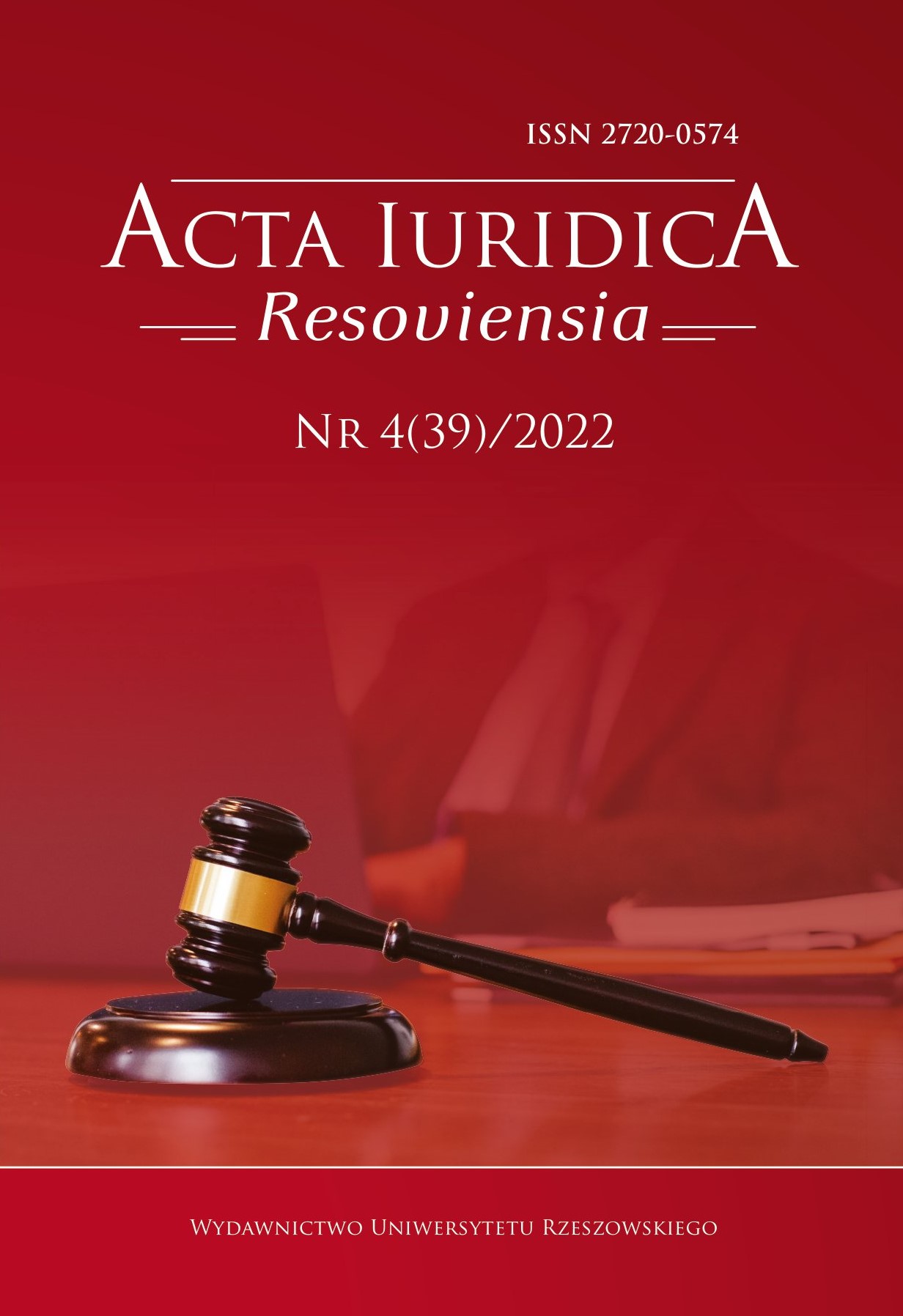Basis for payment and legal nature of the covid allowance in the health service
DOI:
https://doi.org/10.15584/actaires.2022.4.16Keywords:
COVID allowance, remuneration, the COVID Act, sources of law, legislative, multi-sourceAbstract
This study is devoted to the analysis of selected issues related to the basis for payment and legal nature of the so-called COVID allowance, introduced to make salaries more attractive for employees of the broadly understood health service during the SARS-CoV-2 pandemic. In the article, the author attempts to answer the questions regarding the interpretation of the above-mentioned COVID allowance, especially their legal nature and the legal basis for their issuance. The interpretation confusion that arose as a result of imprecise legislative solutions led to interpretation doubts and influenced the financial situation of the beneficiaries to whom these allowances were granted. The author carries out a detailed analysis of the dynamically changing legal situation during the pandemic, which as a result leads him, among other things, to the conclusion that COVID allowances are part of the remuneration for the work generated ipso iure. The author also points out that the analysed COVID legislation can be considered as normative acts of the nature of the sources of labour law, in the broad sense of the term. It is also noted that the clue that authorises the above statement is the ongoing process of the evolution of the sources of law, tentatively referred to in the science of law as multi-source. Somehow when analysing the issue of COVID allowance, the author comes to the conclusion that the doubts about COVID allowance considered in the context of the sources of law are a kind of heralds of the upcoming phenomenon of complicating the sources of law in general, which may affect their redefinition. In the summary of the analysis, the author notes that despite the fact that COVID allowances are in force only until 31 March 2022, the answer to the question about their legal nature will also have future consequences, e.g., due to the impact of supplements on determining the amount of remuneration derivatives and the admissibility of verification of the correctness of their calculation.
Downloads
Downloads
Published
How to Cite
Issue
Section
License
Copyright (c) 2022 Acta Iuridica Resoviensia (formelry: The Scientific Journal of the University of Rzeszow, Law Series)

This work is licensed under a Creative Commons Attribution-NonCommercial-NoDerivatives 4.0 International License.

